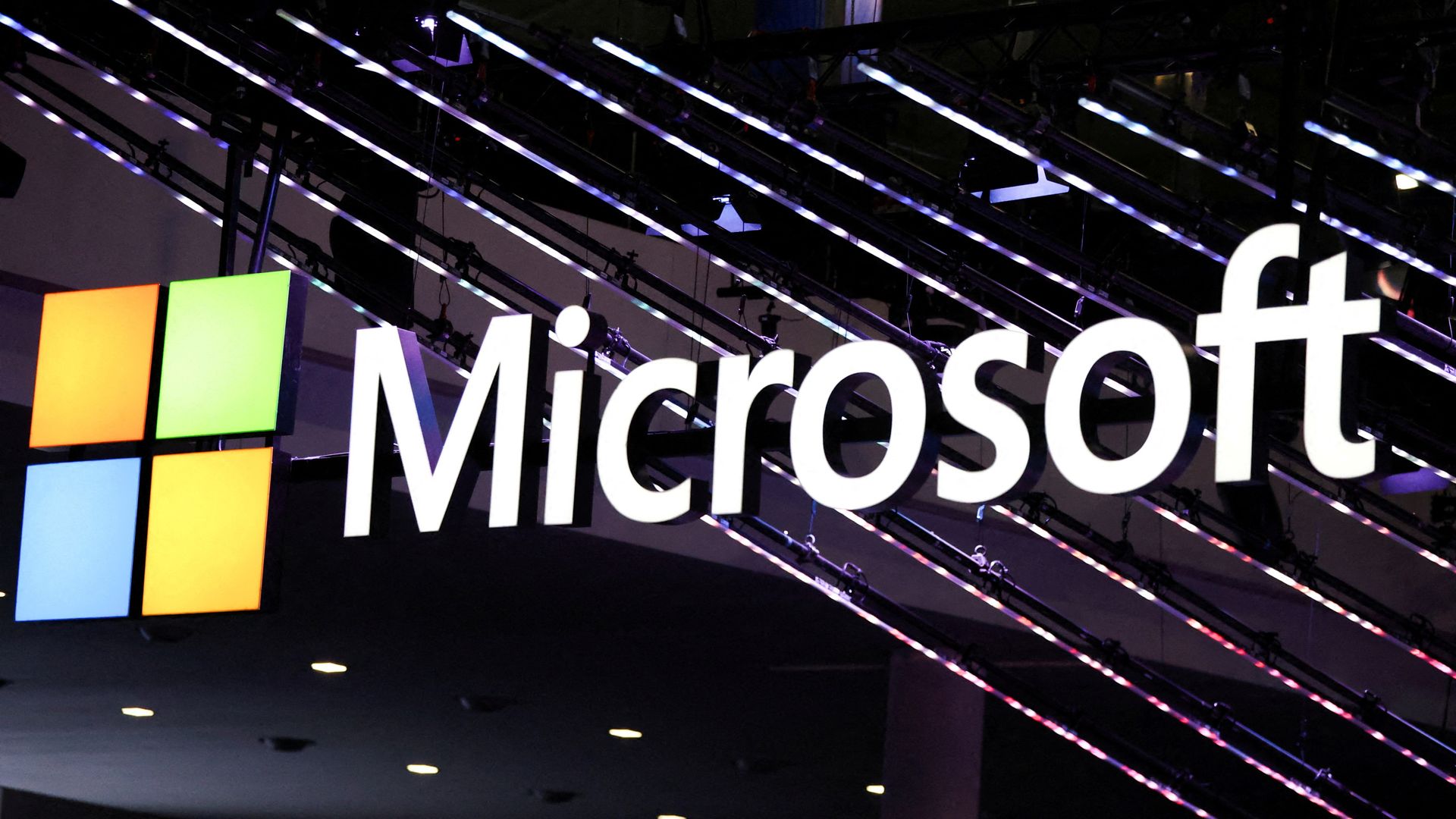Microsoft has regained the title of the world’s most valuable public company just days after it was overtaken by one of its rivals.
Computer chip maker Nvidia lost its hold on the top spot after its shares slipped by 3.5% in the US on Thursday, leaving the company valued at $3.2trn (£2.5trn).
Microsoft’s shares also dipped slightly, but it still ended the day’s trading worth $3.3trn (£2.6trn).
Nvidia, Microsoft and Apple are now in a three-horse race for the top spot, while they are also battling to become the world’s first $4trn (£3.2trn) firm, analysts say.
Nvidia has experienced a rapid rise in its fortunes in recent months, thanks largely to its early investment in developing artificial intelligence (AI) products.
It climbed to the summit of the stock market on Tuesday, following a 1,000% surge in share price since October 2022, leaving it valued at more than $3.3trn (£2.6trn).
Read more:
How Nvidia became the world’s most valuable company
Keep up with all the latest news from the UK and around the world by following Sky News
However, while some commentators believe the only way is up for the company, others have questioned whether it has been overvalued.
A key factor to watch is whether Nvidia can maintain its dominance in AI, or if its market share will be eroded by its rivals as they invest heavily in the field while racing to catch up.
Read more from business:
TikTok warns of US ban without free speech ruling
Interest rates held for seventh time in a row
Sainsbury’s sells banking arm to NatWest
Be the first to get Breaking News
Install the Sky News app for free
Gil Luria, an analyst from investment bank D.A. Davidson, said: “The caution on Nvidia comes from the longer-term outlook.
“This type of performance is very hard to maintain.”
Brian Colello, from financial services firm Morningstar, said earlier this month: “Nvidia dominates AI today and the sky is the limit for the company’s profitability if it can maintain this lead over the next decade.
“However, any semblance of the successful development of alternatives could meaningfully limit Nvidia’s upside.”






















